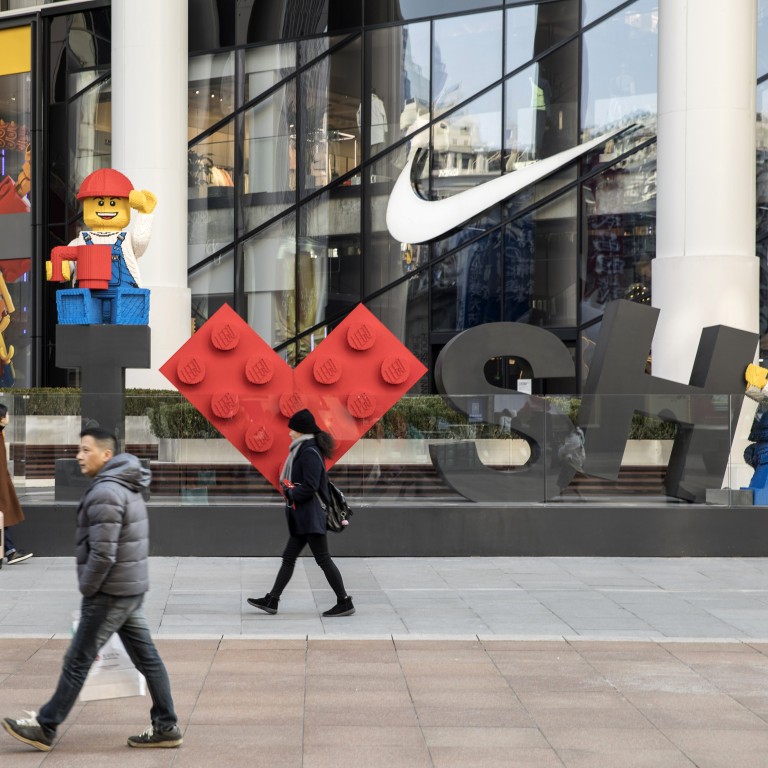
Shanghai promises more open economy, tax cuts amid expectations of slowest economic growth since 1990
- City expects GDP to expand at between 6 per cent and 6.5 per cent in 2019
- Difficulties loom ahead, Mayor Ying Yong tells local congress
Shanghai, which is expecting its slowest economic growth this year since 1990, on Sunday pledged to further open up its market to global investors. The city, mainland China’s main economic hub, will also ease the tax burden on businesses to combat a slowdown.
Mayor Ying Yong told an annual session of the Shanghai People’s Congress that the city expected its gross domestic product to expand at a rate between 6 per cent and 6.5 per cent in 2019, lower than the 6.6 per cent growth it recorded last year. This estimate makes it Shanghai’s lowest in 29 years, after a 3.5 per cent increase in GDP in 1990.
Tesla’s US$5 billion Gigafactory helps Shanghai record increase in foreign direct investment for 2018
“Based on various factors [that affect economic growth], we suggest setting this year’s GDP growth target at 6 per cent to 6.5 per cent,” said Ying. While he did elaborate on the reasons for setting a lower target, the mayor said the municipality would take action to control the city’s jobless rate, to stabilise exports and imports and to attract foreign investment.
Mainland China’s economy as a whole has grappled with weaker domestic demand and uncertainties surrounding the US-China trade war, and is set to slow down further amid shrinking investment and worsening corporate performance in 2019.
Han Hanjun, a researcher at the Shanghai Academy of Social Sciences, said a slowing economy had prompted Beijing to roll out new incentives to boost the manufacturing sector and bolster business confidence.
More painstaking efforts need to be made to ensure smooth economic growth
Shanghai’s economic expansion in 2018 kept pace with China’s national GDP, at 6.6 per cent. It is aiming to transform itself into a global financial centre on par with New York and London by 2020. But its economic output has grown at a pace slower than that of other provincial-level counterparts due to a manufacturing sector that has been shrinking since 2008.
Last year, the city government secured investment from US electric carmaker Tesla, which will spend a total of US$5 billion to build its Gigafactory 3, its first manufacturing plant outside the United States.
Capital committed by foreign investors that will be received in the future, or contracted foreign funds, rose by 16.8 per cent to US$46.9 billion in 2018, following a 21 per cent drop the previous year.
How badly is China’s economy doing? Look behind the official GDP figures
Tang Huihao, the deputy head of the Shanghai Municipal Statistics Bureau, said the key driver of a rebound in foreign direct investment was overseas manufacturers’ mounting interest in setting up production and research facilities in the city.
“Difficulties [in developing the city’s economy] still loom ahead,” said Ying. “More painstaking efforts need to be made to ensure smooth economic growth.”

